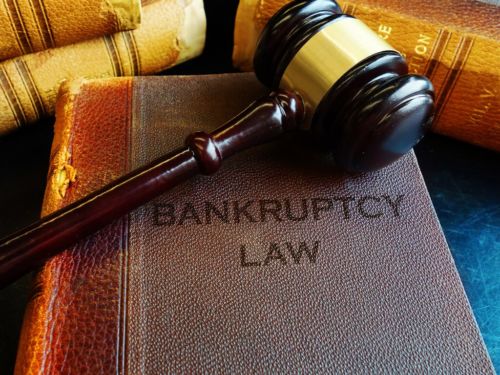Menu
What Can Bankruptcy Not Do?
August 19th, 2020

We know that a bankruptcy filing is a great way to get yourself the financial fresh start you need. But did you know that there are debts that bankruptcy cannot clear away? Knowing the potential challenges you may come up against when filing for bankruptcy is important – take a look at this list of what bankruptcy cannot do.
What Bankruptcy Can’t Do
Many who are considering a bankruptcy filing wonder what forms of relief bankruptcy will be able to provide for them – but seldom do they ask what it cannot. This list provides an understanding of what bankruptcy cannot do, as well as the limitations on Chapter 7 versus Chapter 13 filings. Bankruptcy cannot:- Eliminate debt related to fraud. Whether the fraudulent activity happened accidentally or on purpose, having a history of writing bad checks, providing false or misleading information, etc., can really damage your bankruptcy petition’s success.
- Eliminate nondischargeable debts. Though bankruptcy does discharge many types of debts, there are certain forms it does not. Non-dischargeable debts include those incurred from a personal injury penalty, traffic violations, criminal misconduct, and debts you neglected to list in your bankruptcy papers.
- Discharge certain taxes. While taxes cannot be discharged, such as those of the most recent three years, or federal tax liens, there are certain circumstances where taxes may be discharged.
- Discharge child or spousal support payments that are owed. Under no circumstances are support payments forgiven because of bankruptcy.
- Discharge liens. A lien allows a creditor to take, hold, or sell the debtor’s property as security or payment for a debt. Bankruptcy does not end the lien on property or assets. For example, bankruptcy will stop a foreclosure temporarily, but if the homeowner cannot pay bills once the automatic stay ends, the home can still go to foreclosure.
Limitations on Bankruptcy: Chapter 13
Under a Chapter 13 filing, you have more protections than you would under Chapter 7; however, you have more to repay as part of the agreement. Chapter 13 bankruptcy allows you to:- Combine debts, so long as it happened within the allotted window of time. Debts acquired before the 30-month period before filing bankruptcy can sometimes be combined and worked down to equate properties' real value--not the totals owed. For example, if you owe $30,000 for your vehicle but it’s only worth $24,000, in some cases, you may be able to discharge the remaining $6,000 and just pay back its real value.
- Stop foreclosure. So long as you can afford your mortgage in a repayment plan, you may be able to completely stop a foreclosure.
Bankruptcy Limitations: The Jones Law Firm
Columbus, Ohio bankruptcy attorney Michael Zelasko is committed to assisting individuals facing financial distress who have questions about the bankruptcy process. If you live in the central and Columbus, Ohio region, The Jones Law Firm is here to help you. Contact us today for a free consultation.Categories: General Bankruptcy

